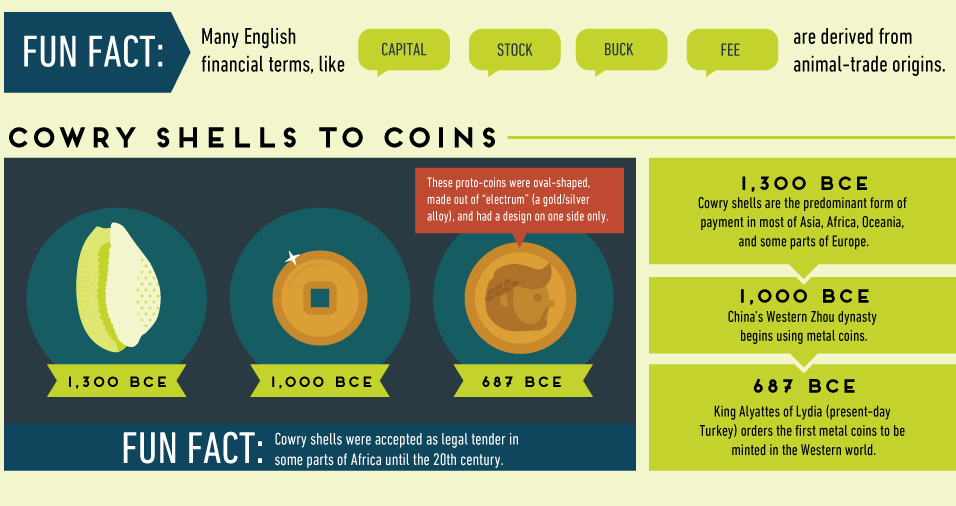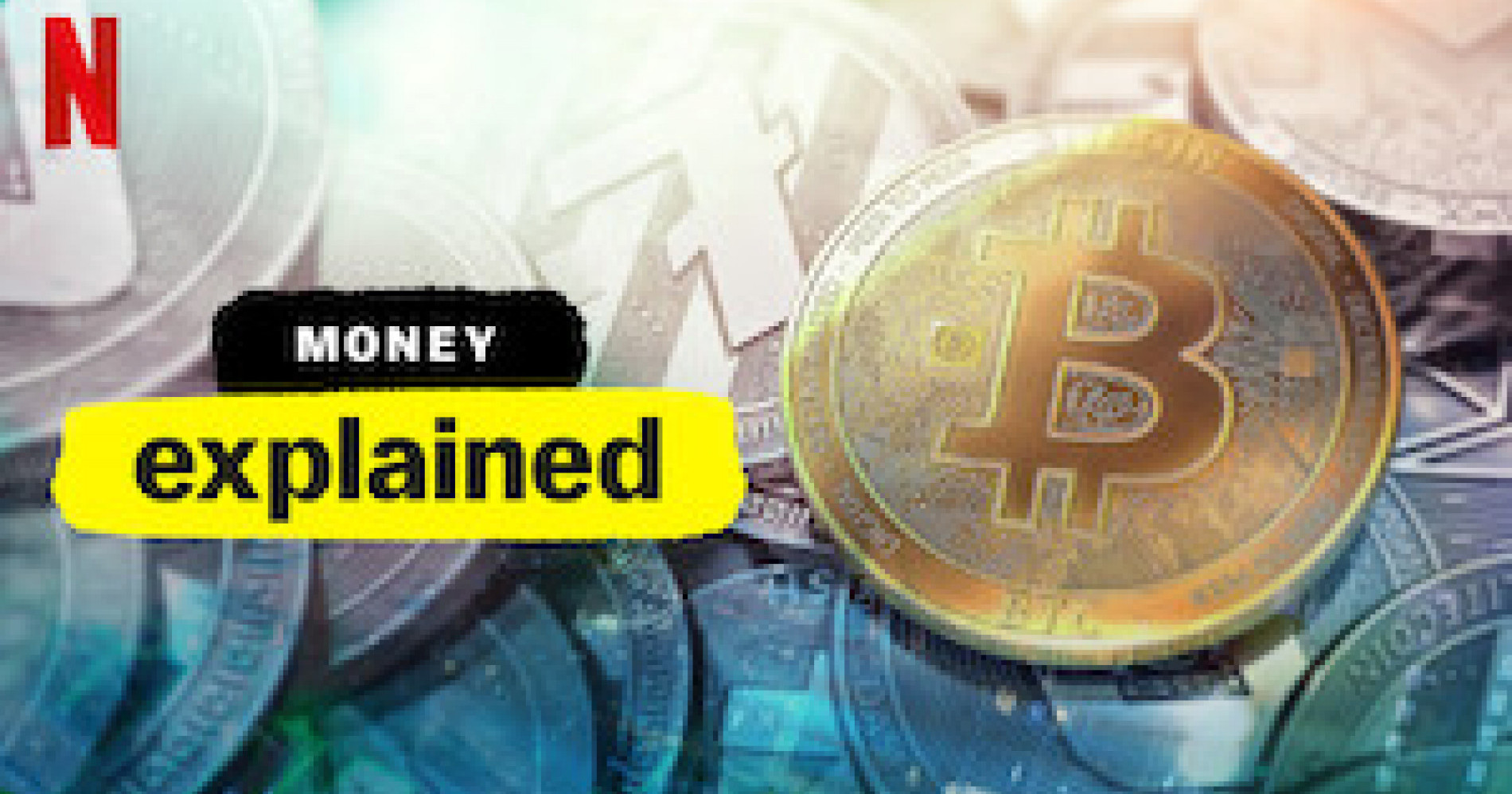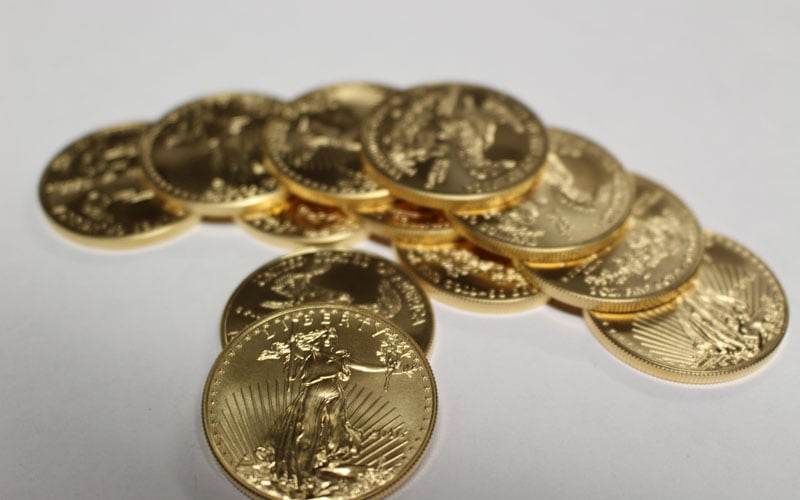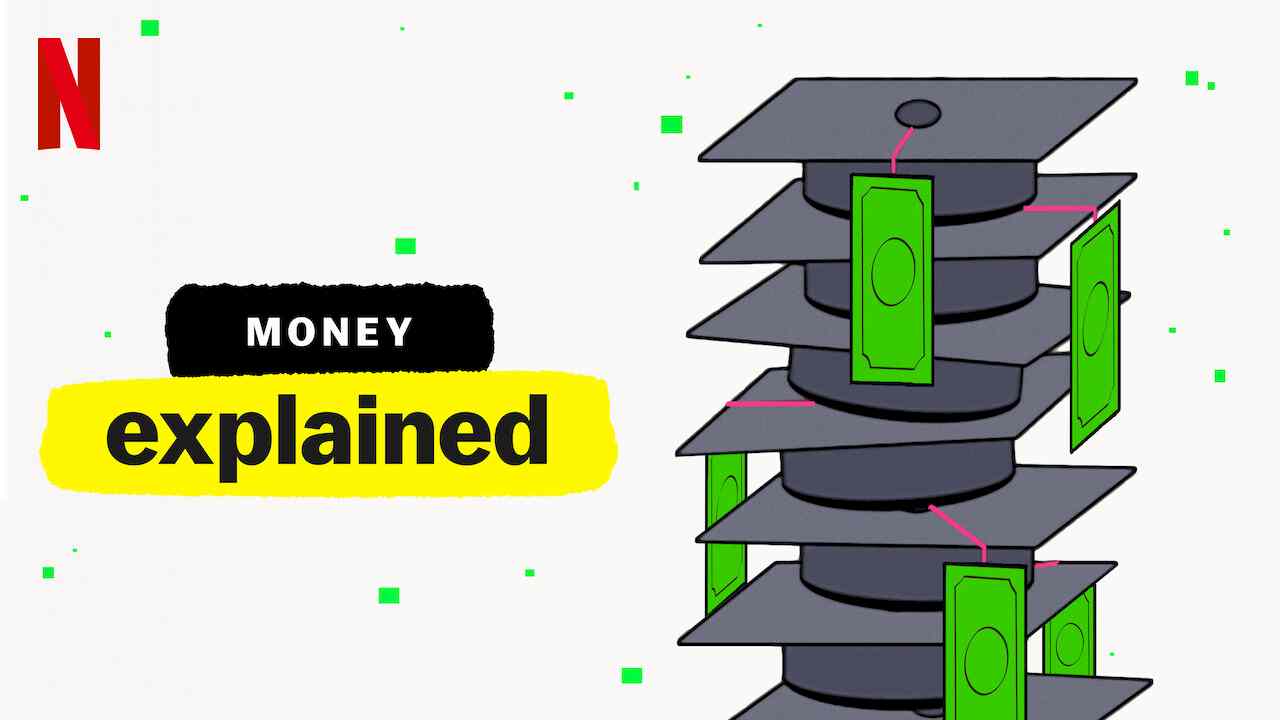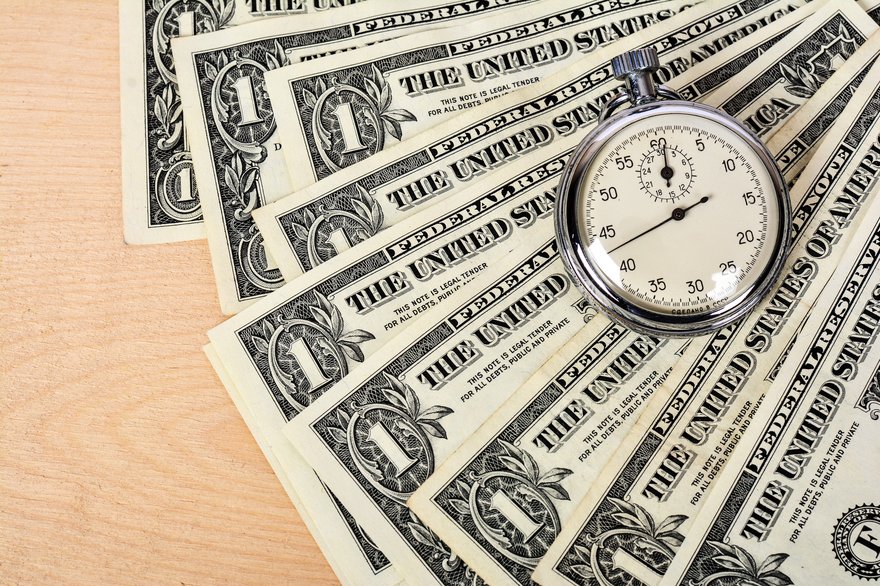Money is a medium of exchange that is widely accepted in transactions for goods, services, and other financial transactions. It is a crucial element of modern economies and is used as a way to store and transfer value.
The concept of money has evolved over time, and different societies have used various forms of money, such as shells, beads, and precious metals. In modern times, money is typically represented by paper notes and coins, although electronic forms of money, such as credit and debit cards, have become increasingly prevalent.
There are various types of money, including physical currency, which is the most common form of money and is issued by governments. Another type is fiat money, which is legal tender that is not backed by a physical commodity, such as gold or silver. Instead, it is backed by the government that issues it and is accepted as a medium of exchange due to the government's authority.
Another type of money is cryptocurrency, which is a digital currency that uses cryptography for secure financial transactions. Cryptocurrencies are decentralized, meaning they are not controlled by any government or financial institution. The most well-known cryptocurrency is Bitcoin, but there are many others in circulation.
The value of money is determined by the laws of supply and demand, as well as the strength of the economy. Inflation, which is an increase in the overall level of prices in an economy, can also affect the value of money. When the supply of money increases faster than the demand for it, the value of money decreases, and goods and services become more expensive.
The role of money in an economy is to facilitate the exchange of goods and services. Without money, it would be difficult to buy and sell goods and services, as people would have to barter, which can be inconvenient and time-consuming. Money allows people to store value and transfer it to others, making it easier to buy and sell goods and services.
In conclusion, money is a crucial element of modern economies, and it has evolved over time to become the medium of exchange that it is today. It allows for the exchange of goods and services, and its value is determined by supply and demand, as well as the strength of the economy.
